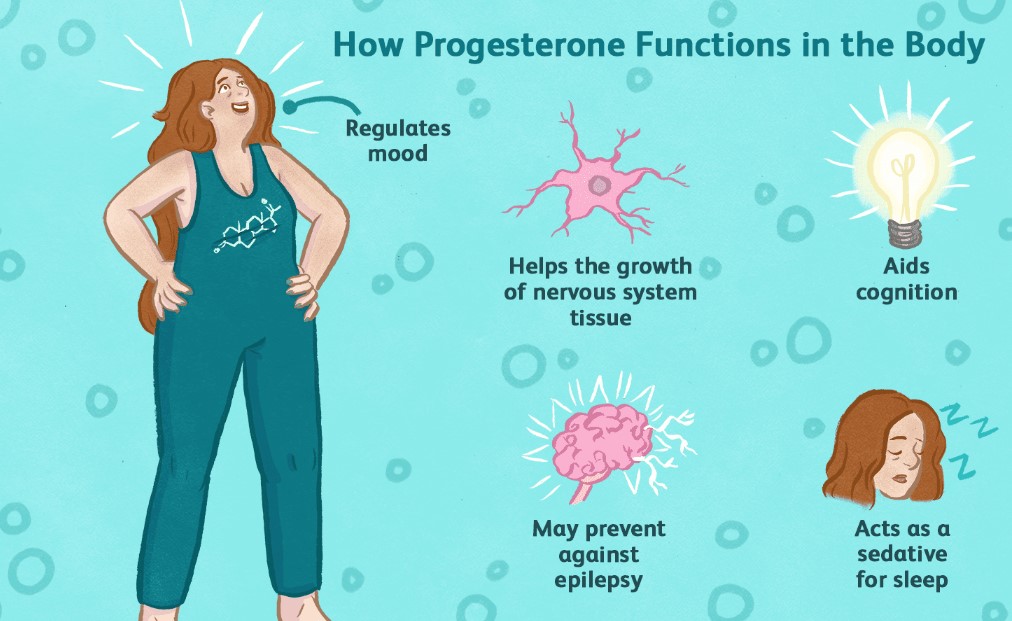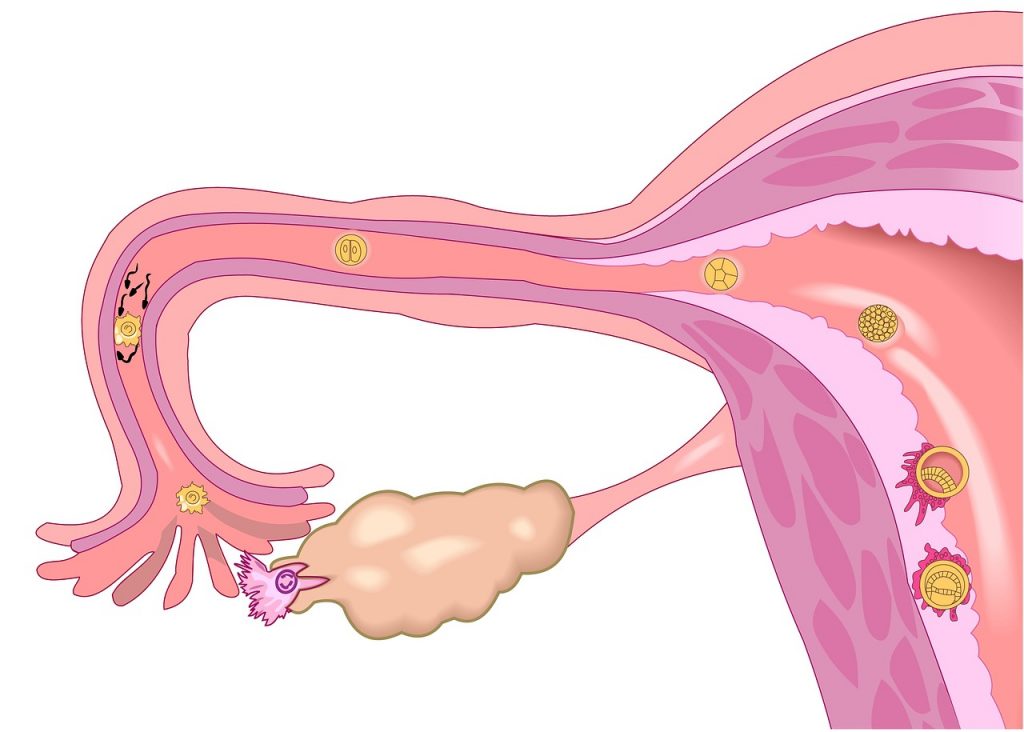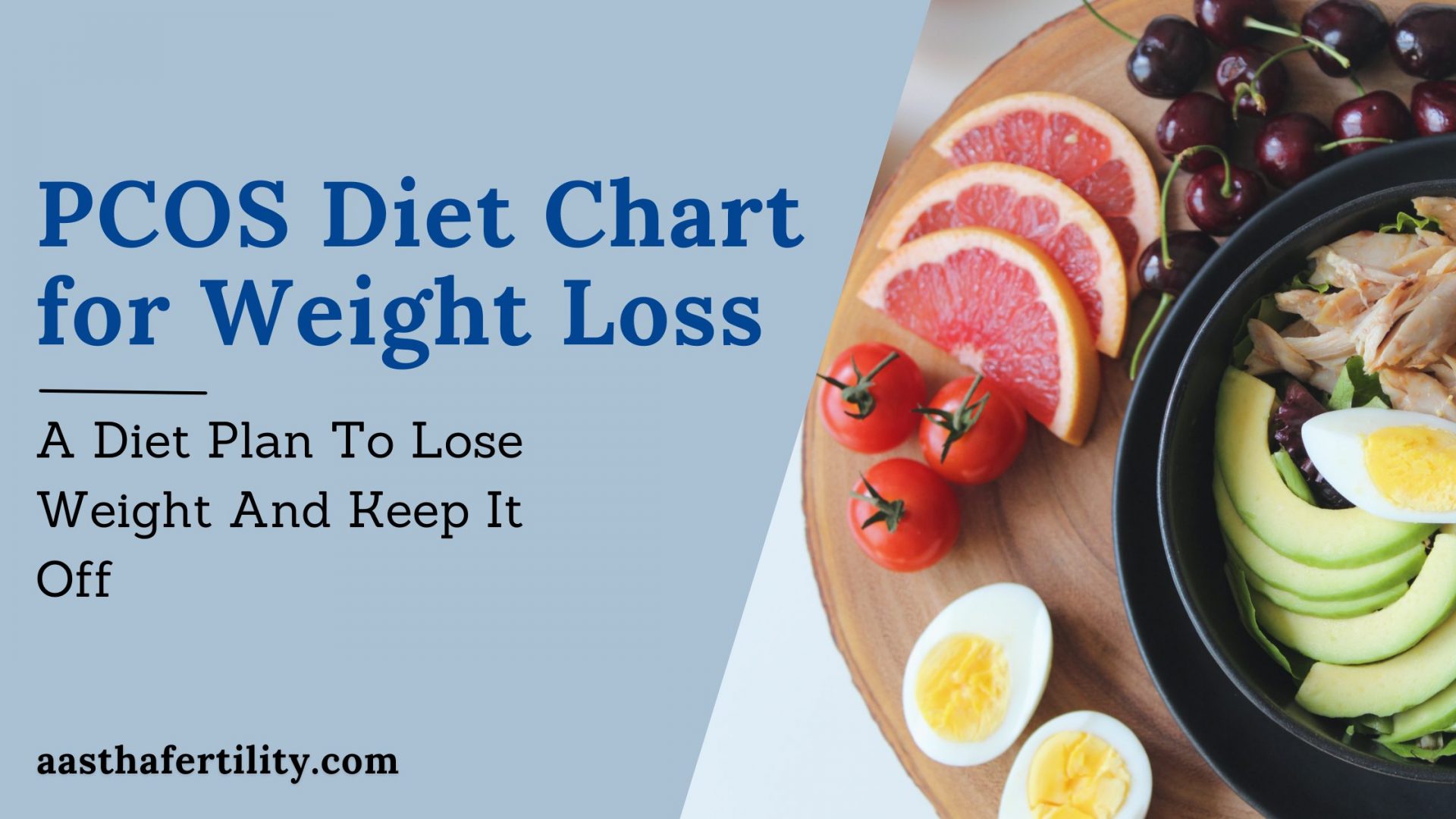Table of Contents
ToggleHaving a healthy pregnancy is what everybody wants, but unfortunately, some women face complications that could impede their journey. One such complication is having early contractions in pregnancy, leading to miscarriage.
Early contraction is not good. But if you have a short-term cervix, have PCOD symptoms, and have no proper weight, your uterus will start acting prematurely before 37 weeks of pregnancy. This is unfortunate, but expert gynaecologist Namita Kotia proactively identifies the problem and induces progesterone hormone treatment in the first trimester itself.
Read this blog to know more about progesterone hormone and how you can maintain the hormone level through simple changes in your lifestyle.
Progesterone and Its Anatomy
Progesterone is a hormone present naturally in the body and can also be created in a laboratory. This hormone helps the uterus grow during pregnancy and keeps it from contracting. Progesterone helps a women’s breasts get ready to make breast milk in later pregnancy.
Progestin is a widely used term for a substance that causes some or all of the biological effects of progesterone. The term “progestin” refers to the progesterone made in the laboratory in oral contraceptive forms and hormone replacement therapy.
Functions of Progesterone in Pregnancy
Shlomo Melmed MB ChB, MACP describes Corpus Luteum as a cyst on the ovary that produces a hormone called progesterone early in pregnancy.
This cyst of the ovarian follicles keeps creating progesterone for ten weeks during pregnancy. After those initial weeks, the placenta takes over producing progesterone.
Progesterone levels rise exponentially during the first trimester but flats shortly after that.
Progesterone creates a desired endometrial thickness and avoids thin endometrium to ensure the ovaries bear the fetus by upholding the uterus muscle relaxed and helping the immune system handle foreign DNA.
- Progesterone aids the fertilized embryo being transferred to the uterus to confirm a pregnancy and help sustain a healthy pregnancy.
- During IVF treatment, progesterone Injections may help some people reduce their risk for premature birth.
- Women biologically produce progesterone in the ovaries, the placenta, and the adrenal glands during pregnancy, which helps the uterus grow and keeps it from contracting.
- Progesterone is often given to women going through fertility treatments such as IVF because the medications that are offered during the process reduce a woman’s natural production of the hormone.
- Treatment with vaginal progesterone gel may help avert premature birth in a short cervix.
- If a woman had a spontaneous premature birth in the past and was pregnant with just one baby, 17P shots may help prevent another premature birth.

How to use progesterone?
Progesterone comes in the form of an oral capsule, vaginal gel, vaginal inserts, injections, or vaginal suppositories.
For capsule form:
- To contain the thickening of the uterus lining (endometrial hyperplasia): 200 milligrams of a single dose per day in the evening or at bedtime for 12 continuous days per 28-day menstrual cycle.
For vaginal gel:
- It is usually prescribed once a day for up to 12 weeks of pregnancy for progesterone supplementation.
For vaginal inserts:
- It is used 2 to 3 times a day for women under 35 years.
For vaginal suppositories:
- It is used up to 2-3 times a day, but they are not FDA approved.
Our doctor will advise you exactly when to take progesterone. To help you remember to take progesterone:
- Take it around the same time in the evening.
- Heed the directions on your prescription label carefully, and consult the doctor or pharmacist to explain any part you do not understand.
- Consume progesterone exactly as directed.
- Do not consume more or less of it or take it more often than prescribed by the doctor.
If you omit a dose, take it as soon as possible. However, if it is almost time for your next dose, skip the missed dose and return to your regular dosing schedule. Do not double doses.
When to stop taking progesterone during pregnancy
You may begin treatment before or up to 24 weeks of pregnancy and continue it until just before 37 weeks. Vaginal progesterone can cause mild skin irritation, but it does not cause serious side effects for you or your baby.
Things to consider before using progesterone
There are various things that one should keep in mind before starting progesterone. You should not take progesterone if you are allergic to the following things or if you have the following illness:
- irregular vaginal bleeding that a doctor has not reviewed
- a history of breast cancer
- liver disease
- if you have gone through a heart attack, stroke, or blood clot within the past year
- a peanut allergy
- if you are pregnant
- if you have lately had an incomplete miscarriage or “missed” abortion.
To make sure this medicine is secure for you, inform your doctor if you have any of the following conditions:
- heart disease, circulation problems
- migraines
- kidney disease
- a history of depression
- asthma
- seizures or epilepsy
- High blood pressure, diabetes, lupus, high cholesterol, family history of coronary artery disease, smoking, overweight.
Why are progesterone levels tested at Aastha Fertility Care?
There are multiple reasons that our fertility specialist may want to test progesterone levels.
Some of them include
- Determining whether a woman is ovulating.
- Evaluating underlying causes of female infertility.
- To determine whether a woman had a miscarriage or ectopic pregnancy,
- Assess women with a high-risk pregnancy or who are taking progesterone during pregnancy
- To narrow down the causes of abnormal uterine bleeding
- To diagnose an adrenal disorder
- Important to know the hormone levels before implantation of embryos during the IVF cycle.
Normal Levels of Progesterone

A blood test is done to measure progesterone levels. It’s crucial to note that progesterone levels fluctuate throughout the menstrual cycle. Therefore the levels can fluctuate throughout the month.
The SI unit to measure progesterone levels is nanograms per milliliter (ng/mL). The chart below lists normal progesterone levels for an adult female to show ovulation symptoms during the menstrual cycle and pregnancy.
| Stage | Progesterone level (ng/mL) |
|---|---|
| Pre-Ovulation | < 0.89 |
| Ovulation | ≤ 12 |
| Post-Ovulation | 1.8–24 |
| First Trimester | 11–44 |
| Second Trimester | 25–83 |
| Third Trimester | 58–214 |
Effects of the high level of progesterone
Having high progesterone levels won’t cause any negative impact on your health. The level of progesterone naturally reaches high levels during pregnancy. In fact, progesterone is available in oral contraceptives because it can trick the body into not ovulating.
Effects of the low level of progesterone
Low progesterone levels can impact both menstruation and fertility. Progesterone aids in promoting a suitable environment for a fertilized egg. When progesterone levels are low, it’s more difficult for the fertilized egg to mature and grow.
The low progesterone levels can also contribute to the following conditions:
- Absence of menstruation
- Miscarriage
- Poor ovarian function
Side effects of taking progesterone during pregnancy
In 1999, the FDA found that the use of synthetic progesterone may be associated with congenital disabilities. The male hormone testosterone is a significant source of synthetic progesterone. When undergoing progesterone treatments, one should be very careful to make sure you’re not using synthetic progesterone. Always confer with a doctor when thinking about taking progesterone during pregnancy.
Common side effects when using progesterone:
- Drowsiness
- Fluid retention or bloating
- Vaginal discharge
- Hot flashes
- Dizziness
- Depression
- Urinary problems
- Breast tenderness
- Abdominal pain or cramping
- Headaches
- Joint pain
Conclusion
Progesterone is a crucial hormone for menstruation, pregnancy, and sperm production. It’s produced in various locations in the body, including the corpus luteum, placenta, and adrenal glands.
Progesterone levels vary throughout the cycle and attain high levels during pregnancy. But if levels get too low, it can lead to health issues, including infertility. If you face any infertility issues due to low levels of progesterone or any other reasons, consult with a team of Experienced IVF specialists at Aastha Fertility Care. They are the best in the country and make your pregnancy journey smooth sailing.





Leave a comment